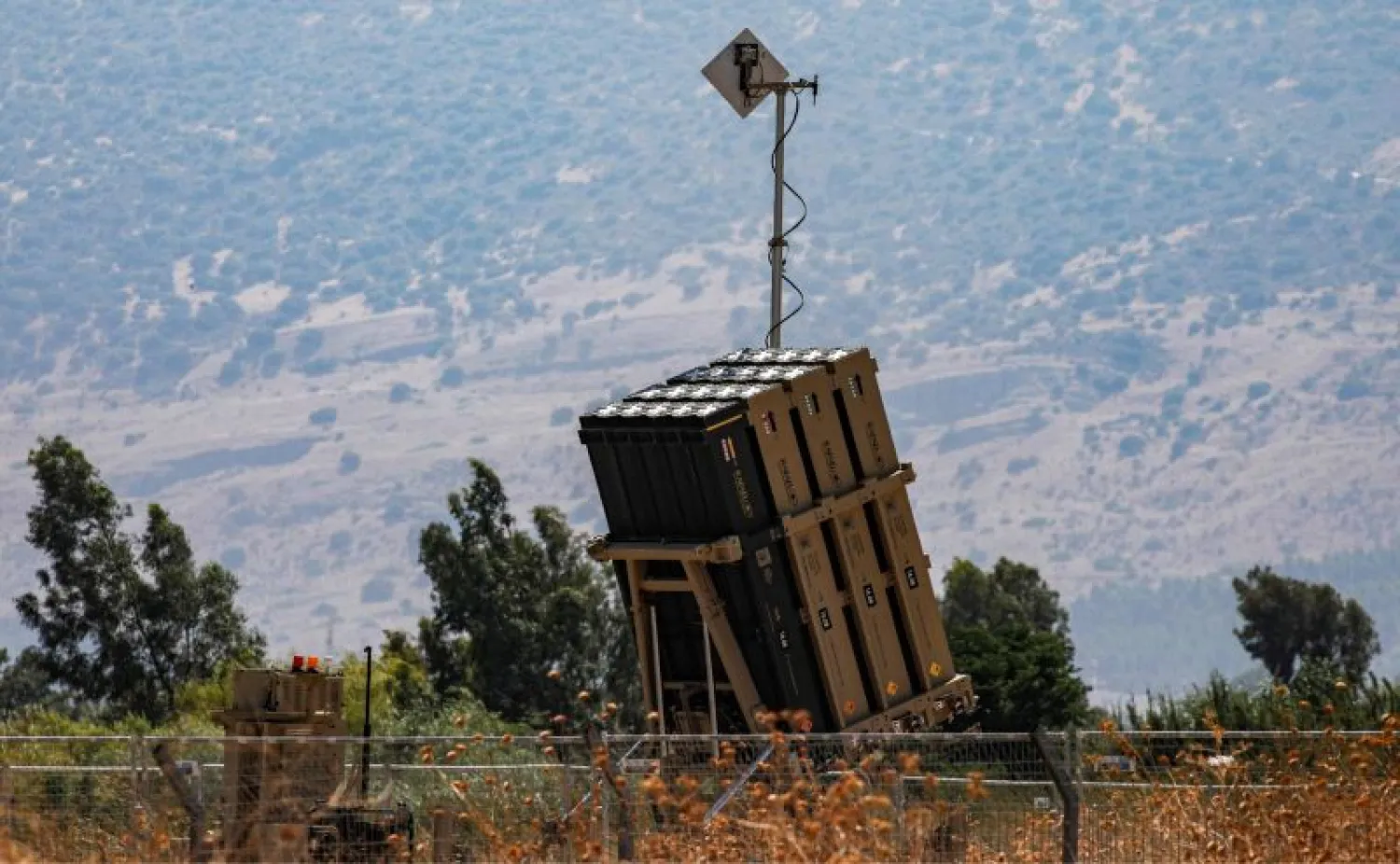Iranian-backed Shiite militias fired rockets at Israel from Syria on Monday but they fell short, the Israeli military said.
“A number of rockets were launched by Shi’ite militias operating under the command of the Iranian Quds Force from Syrian territory near Damascus,” the military said, referring to the overseas arm of Iran’s Revolutionary Guards.
“All failed to hit Israeli territory.”
The statement came after overnight airstrikes in Syria hit positions of pro-Iranian forces in eastern Syria overnight, killing 18 fighters, according to a war monitor.
The Syrian Observatory for Human Rights did not immediately identify who carried out the strikes.
Israel has carried out hundreds of strikes in neighboring Syria against what it says are Iranian and Hezbollah targets, but rarely acknowledges them.
An Israeli military spokeswoman declined to comment on whether Israel was behind the latest strikes.
Israel has vowed to prevent Iran, its main enemy, from entrenching itself militarily in Syria.
Iran, its allied militias and Russia have backed Syrian President Bashar Al-Assad in the country's devastating eight-year civil war.









